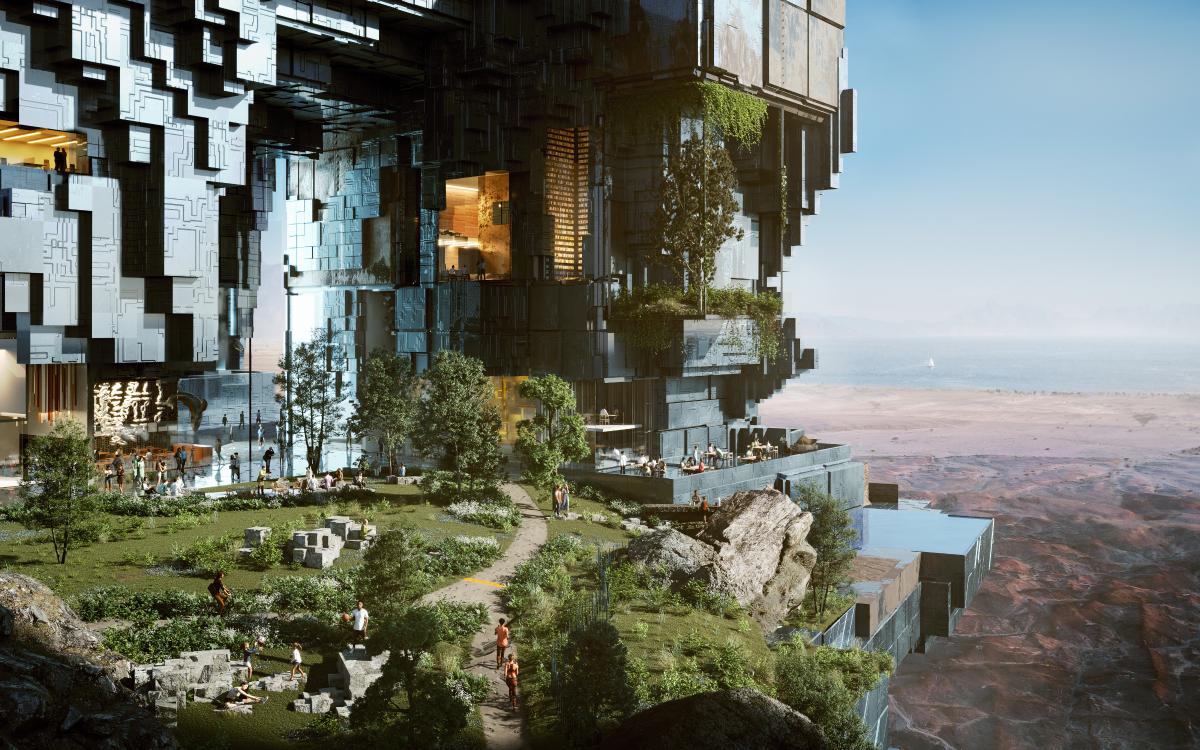The Line: Saudi Smart City Data Privacy Concerns
Основные понятия
Residents of The Line in NEOM are paid for sharing their data, raising concerns about privacy and surveillance in the futuristic city.
Аннотация
In Saudi Arabia's NEOM, a smart city called The Line is being built within a high-tech business zone. Residents will be paid for sharing their data, which raises concerns about privacy and surveillance. The city aims to use data to manage various aspects of daily life, but experts worry about potential misuse due to the country's human rights record. Additionally, there are debates over the ethics of paying individuals for their personal data and the potential impact on societal inequalities. Despite promises of better governance and convenience, there are growing concerns globally about surveillance and privacy in digitized environments like smart cities.
Перевести источник
На другой язык
Создать интеллект-карту
из исходного контента
Перейти к источнику
www.context.news
Saudi 'surveillance city': Would you sell your data to The Line? | Context
Статистика
NEOM is a $500-billion business zone aimed at diversifying Saudi Arabia's economy.
The Line will mine the data of its 9 million residents and pay them for it.
Users on NEOM's consent management platform can decide what personal data to share and monitor its usage.
South Korea's smart city Songdo remains sparsely populated despite advanced technology features.
Цитаты
"It sounds like a privacy disaster waiting to happen." - Marwa Fatafta
"My data is already used by social media platforms... This system is better because I get paid." - Fahd Mohamed
"How can I trust that it will not be used for other reasons? It is not 100% trustworthy." - Faisal Al-Ali
"Human connections are a key social infrastructure... Complex data infrastructure does not usually cater to important social and cultural needs that are paramount to urban life." - Samia Khedr
Дополнительные вопросы
How might paying individuals for their personal data impact societal inequalities?
Paying individuals for their personal data in smart cities like The Line could potentially deepen existing societal inequalities. Those who are willing to share more data or have access to technologies that generate valuable data may benefit financially, creating a two-tier system where some people's information is deemed more profitable than others. This could further exacerbate the digital divide and widen the gap between those who can monetize their data and those who cannot. Additionally, offering financial incentives for personal data may normalize the practice of selling private information for profit, raising ethical concerns about privacy and consent.
Is there a way to ensure complete trustworthiness in managing personal data in smart cities like The Line?
Ensuring complete trustworthiness in managing personal data within smart cities like The Line requires robust privacy regulations, transparent governance structures, and active user participation. Implementing strict data protection laws that prioritize individual rights over commercial interests is essential. Smart cities should provide clear information on how personal data will be collected, used, and shared while giving users full control over their information through consent management platforms. Regular audits, oversight mechanisms, and accountability measures can help monitor compliance with privacy standards and prevent misuse of sensitive data. Building a culture of transparency and accountability within the city's operations is crucial to fostering trust among residents regarding their personal information.
Is investing in real-life cities a more sustainable approach than building futuristic smart cities like NEOM?
Investing in improving existing real-life cities may offer a more sustainable approach compared to constructing futuristic smart cities like NEOM. Enhancing infrastructure, public services, social amenities, and environmental sustainability in established urban areas can address immediate community needs while promoting inclusive development for all residents. By focusing on revitalizing traditional urban centers rather than building entirely new high-tech enclaves from scratch, resources can be allocated towards addressing pressing social issues such as affordable housing, transportation accessibility, healthcare provision, education quality improvement without displacing communities or neglecting essential human connections that are vital for vibrant urban life.

